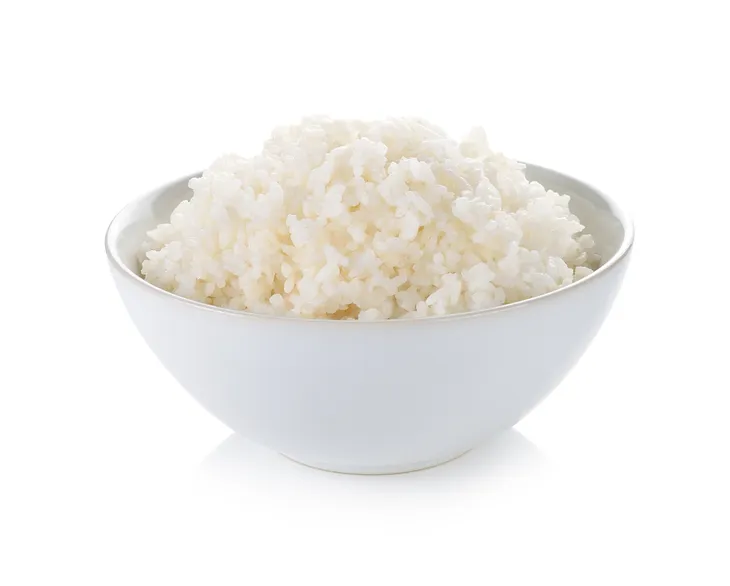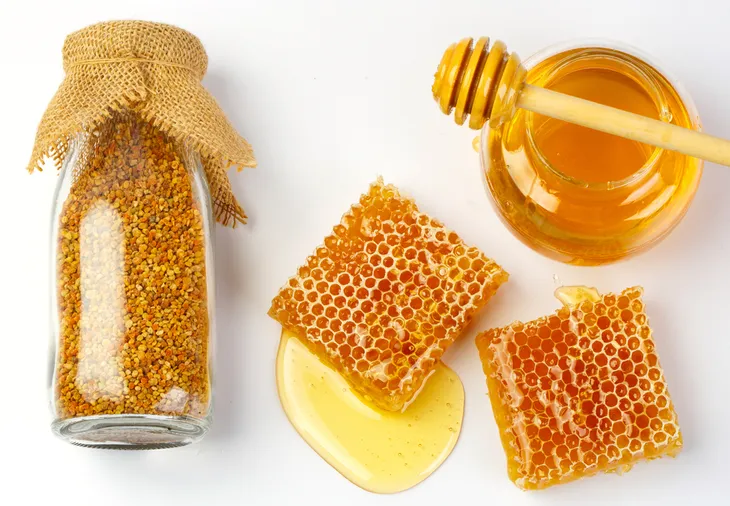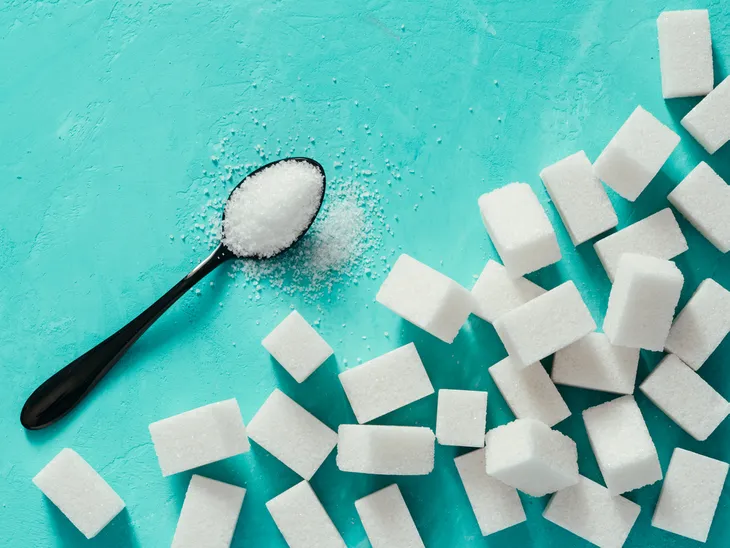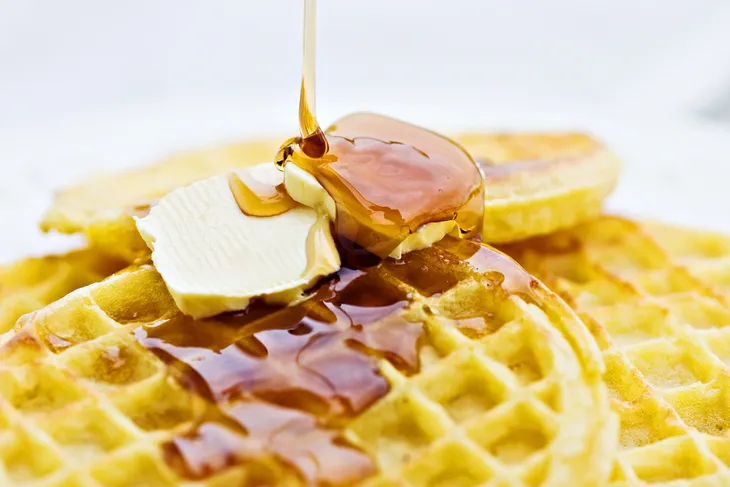There’s nothing more frustrating than spending money on a food item only to discover that it’s gone bad. When that happens, it’s easy to feel as though you might as well have thrown your hard-earned money straight into the trash bin.
But there are some food items that won’t spoil easily. In fact, many of the items on this list will last for weeks, months, even years—helping you make the most of every dollar you spend on food…
1. White Rice
Studies have shown that white rice, otherwise known as polished rice, will keep its nutritional value and stay relatively fresh for up to 30-years. Yes, 30-years! The key is to store your white rice in oxygen-free containers at a temperature that’s below 40-degrees Fahrenheit. Unfortunately, that means your boxed rice won’t last three decades.
In comparison, brown rice, which contains more fiber and natural oils in its bran layer, will only last for about 6-months.
2. Honey
Honey is one of the most widely used foods out there. It can be added to cereal, smoothies, desserts, and more. But, thanks to its unique construction, which involves the fanning action from bees’ wings and the enzymes from their stomachs in the creation of a liquid. It’s highly resistant to bacteria, allowing it to last a long time.
Just how long will honey last? Some experts believe the oldest jar of honey is several thousand years old. The key is to heat and strain honey properly and to seal it so that moisture cannot permeate the liquid. If that process is carried out properly, honey can last for a very, very, very long time.
3. Salt
Salt, otherwise known as sodium chloride, is a mineral taken from the Earth’s crust. And because it effectively removes moisture from foods, salt has also been used for hundreds of years to preserve food items, most notably for fish. It may be no surprise, therefore, that salt lasts an incredibly long time.
Of course, not all salt is equal in this regard. Some brands or types of salt contain iodine, which can reduce its shelf life to only about five years.
4. Sugar
Is there any more controversial food item than sugar? It can make us very, very happy but is also a root cause of many health problems, from obesity to type 2 diabetes.
At least it lasts a long time. Studies have shown that powdered and granulated sugar, when kept in airtight containers, can actually last for several years. You’ll find that most grocery stores do place dates on packages of sugar, though experts generally argue that the stuff lasts well past the posted date of expiry.
5. Maple Syrup
There’s nothing like laying a generous dollop of maple syrup on a stack of fresh blueberry pancakes. And isn’t it nice to know that the very pricey bottle of pure maple syrup you bought a few years ago should still be good to eat?
Experts say that pure maple syrup has an indefinite shelf life, meaning it should last at least several years. In fact, even if the top of the syrup starts to mold, you can simply remove that, pour the syrup into a pot, bring it to a boil, and then return the syrup to a clean container.








